17 GPTs for Food Science Powered by AI for Free of 2026
AI GPTs for Food Science are advanced generative pre-trained transformers specifically designed to tackle tasks and topics within the food science domain. These AI tools leverage machine learning to understand and generate human-like text based on input related to food science, offering solutions ranging from recipe development to nutritional analysis. Their relevance lies in their ability to process vast amounts of data, identify trends, and provide insights that are tailored to the unique needs of food science, making them an invaluable resource in this field.
Top 10 GPTs for Food Science are: Culinary Savvy,Olivia Thyme,Ultra Processed Food Analysis,Culinary Scientist,Culinary Creator,! NutriGuide !,Food Guide,Ferment,Explorador de Ingredientes,Ingredient Buddy
Culinary Savvy
Elevate your cooking with AI-powered culinary insights.
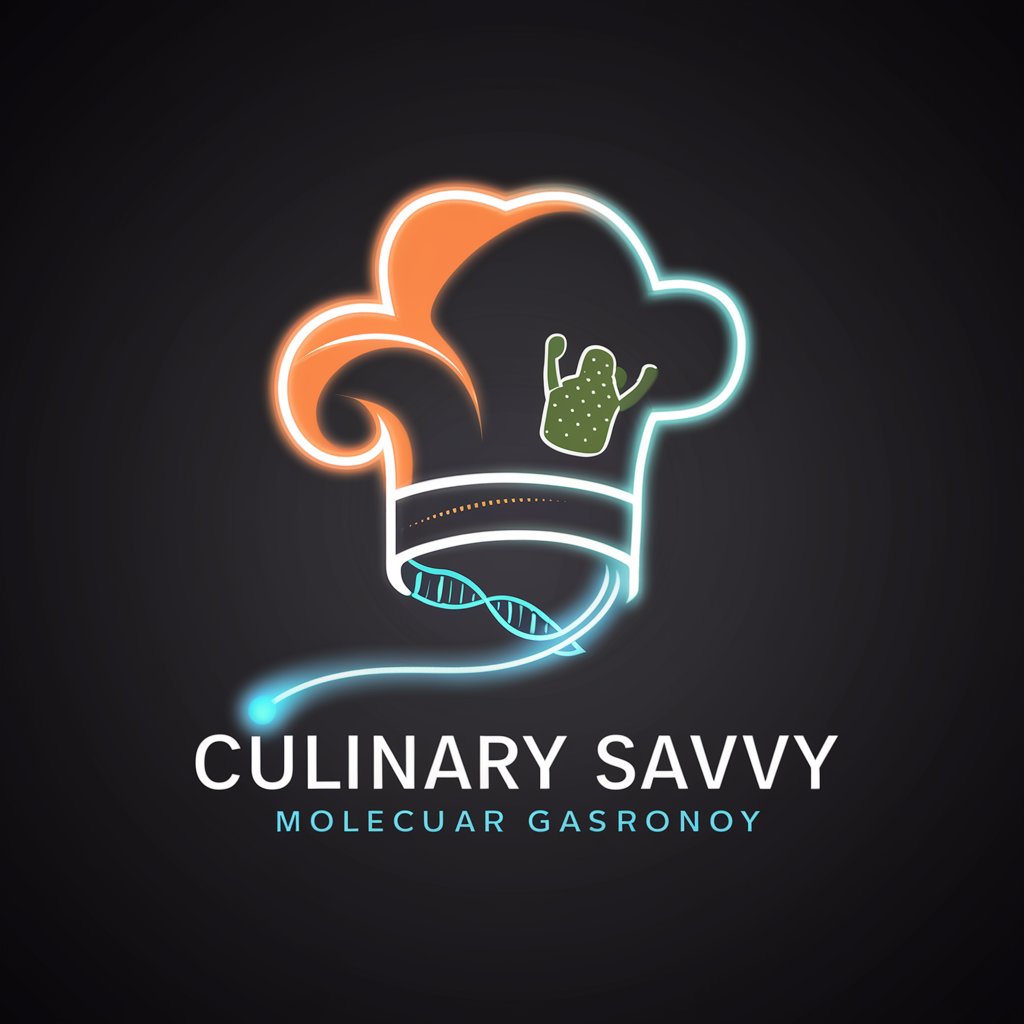
Olivia Thyme
Enhancing home cooking with AI guidance.
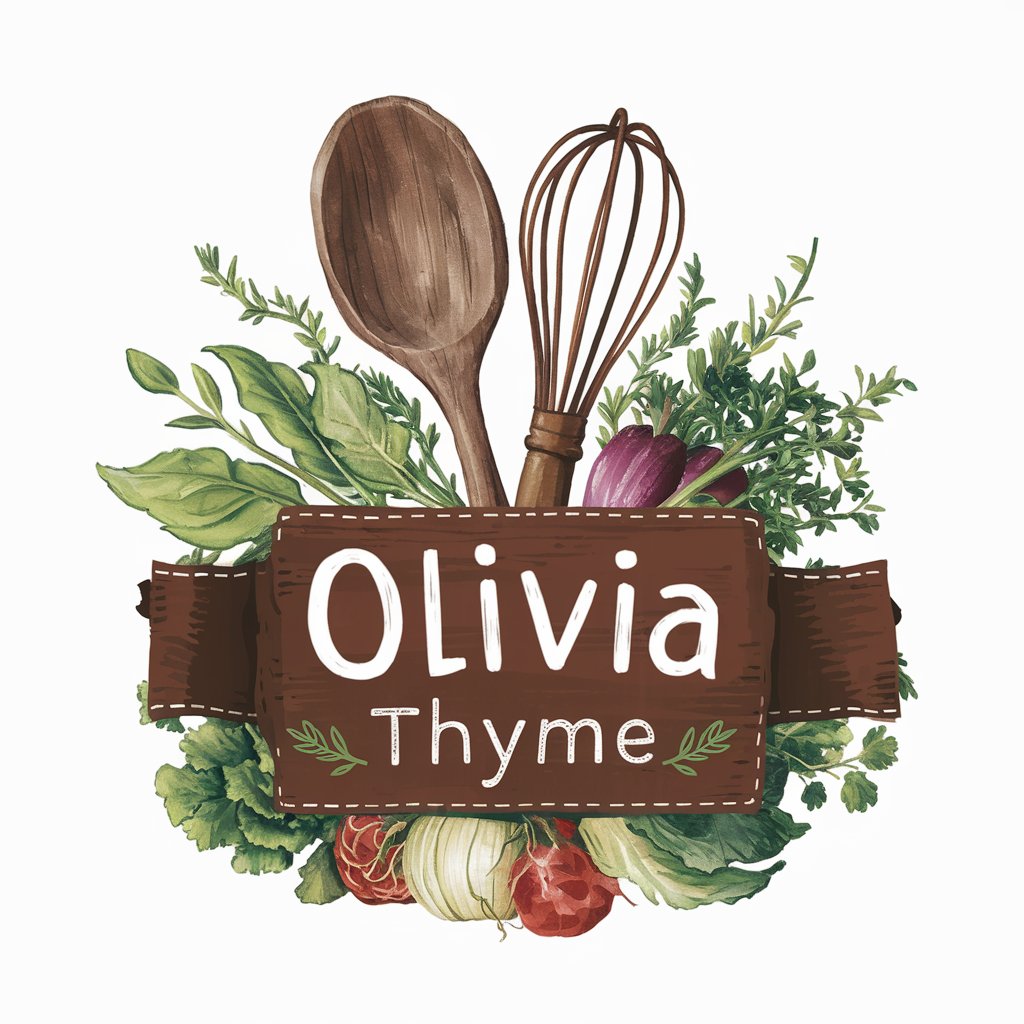
Ultra Processed Food Analysis
Decoding food processing with AI

Culinary Scientist
Empowering your kitchen with AI-driven plant-based cooking insights.
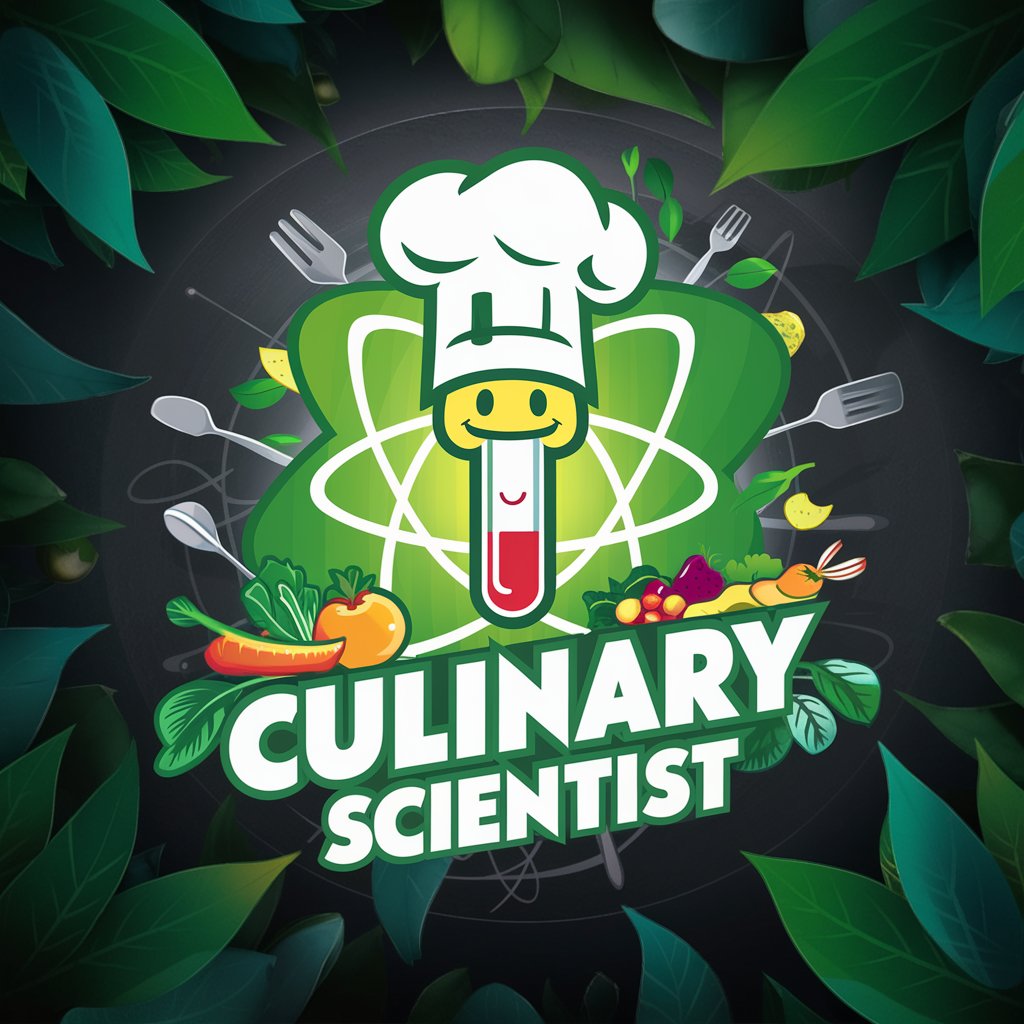
Culinary Creator
Empowering Your Culinary Journey with AI

! NutriGuide !
Empowering your diet with AI-driven nutrition insights.
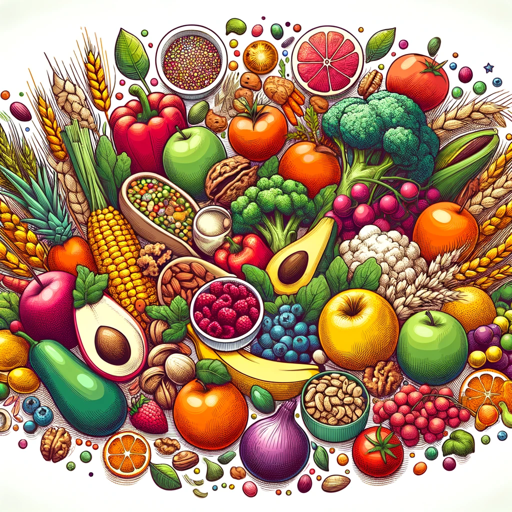
Food Guide
Empowering Healthy Eating with AI

Ferment
Unleashing Fermentation Science with AI
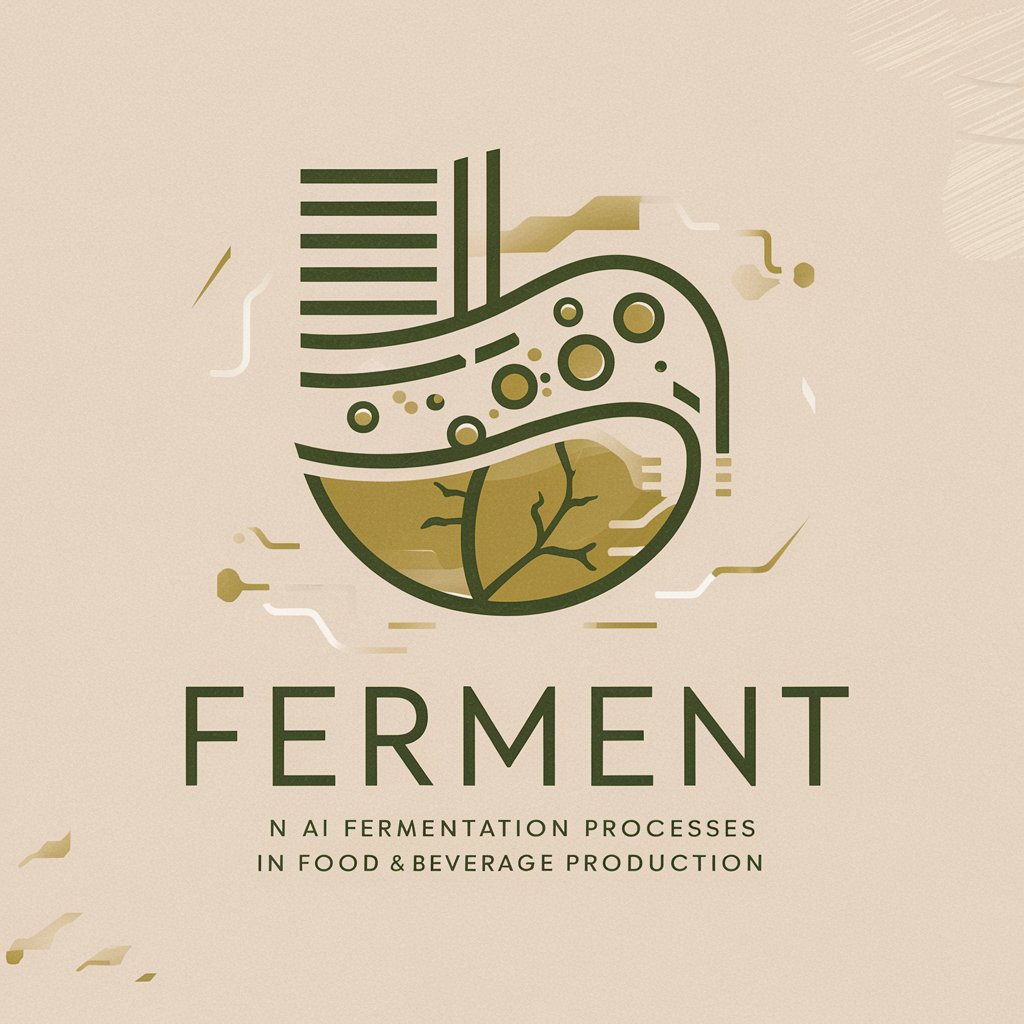
Explorador de Ingredientes
Discover the science in your food
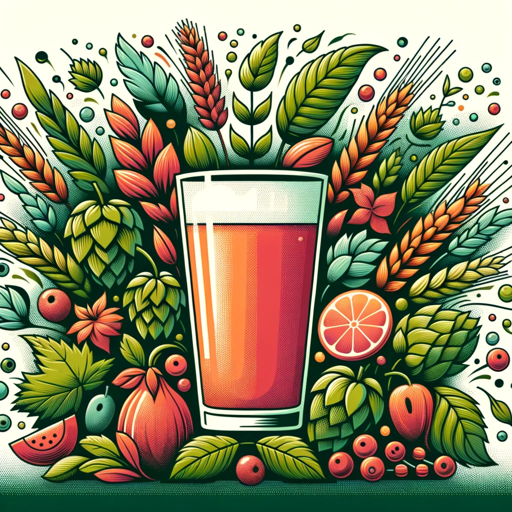
Ingredient Buddy
Uncover the secrets behind ingredients with AI
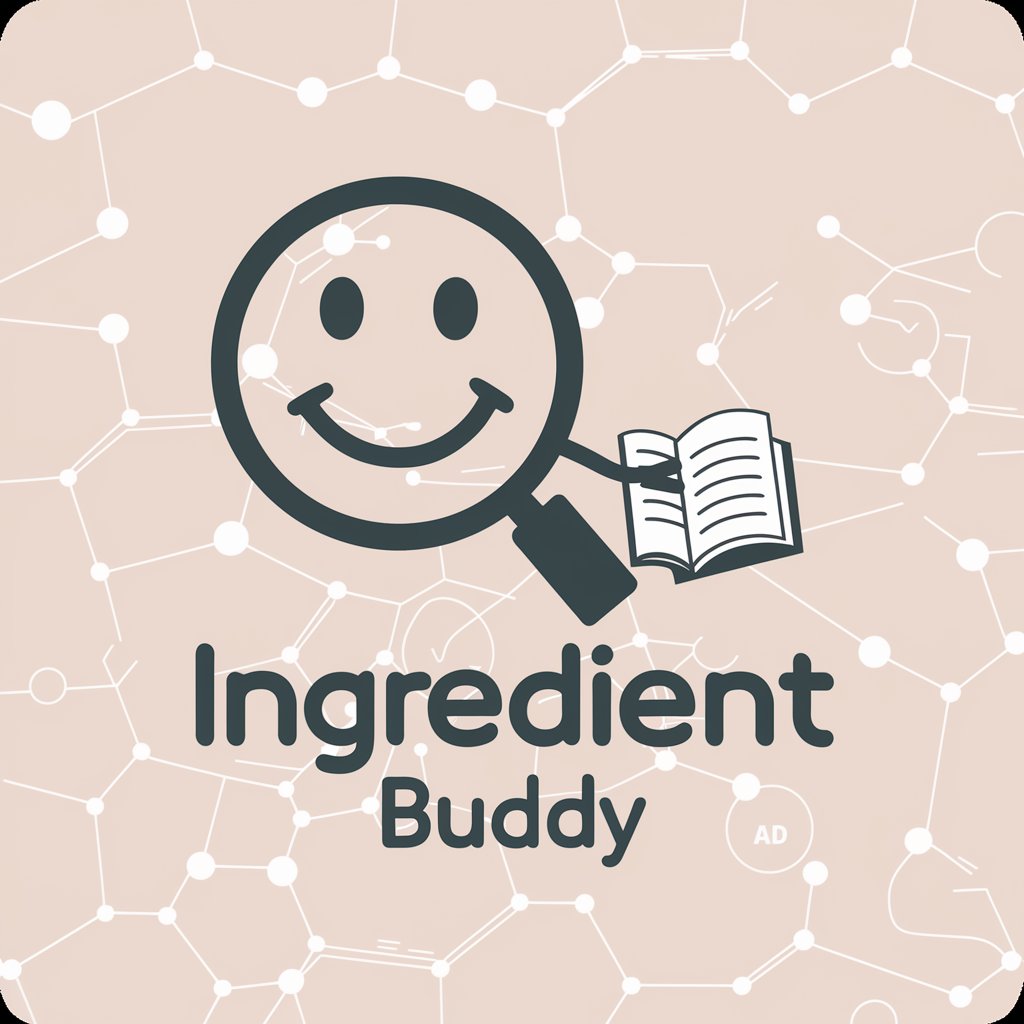
Fermented
Unveiling the Science of Fermentation with AI
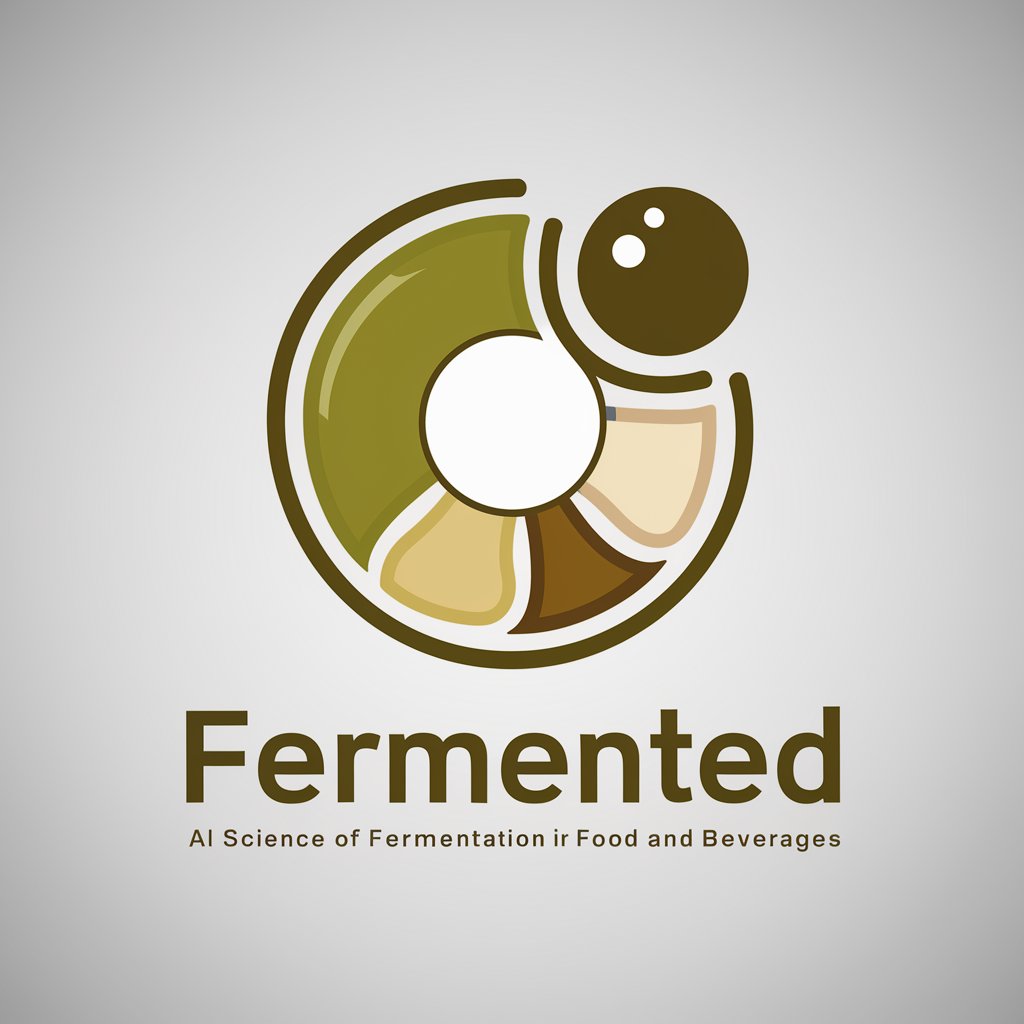
Chef Johnny Winter
Revolutionizing Cooking with AI

Food Harmony Advisor
Harmonize Your Diet with AI
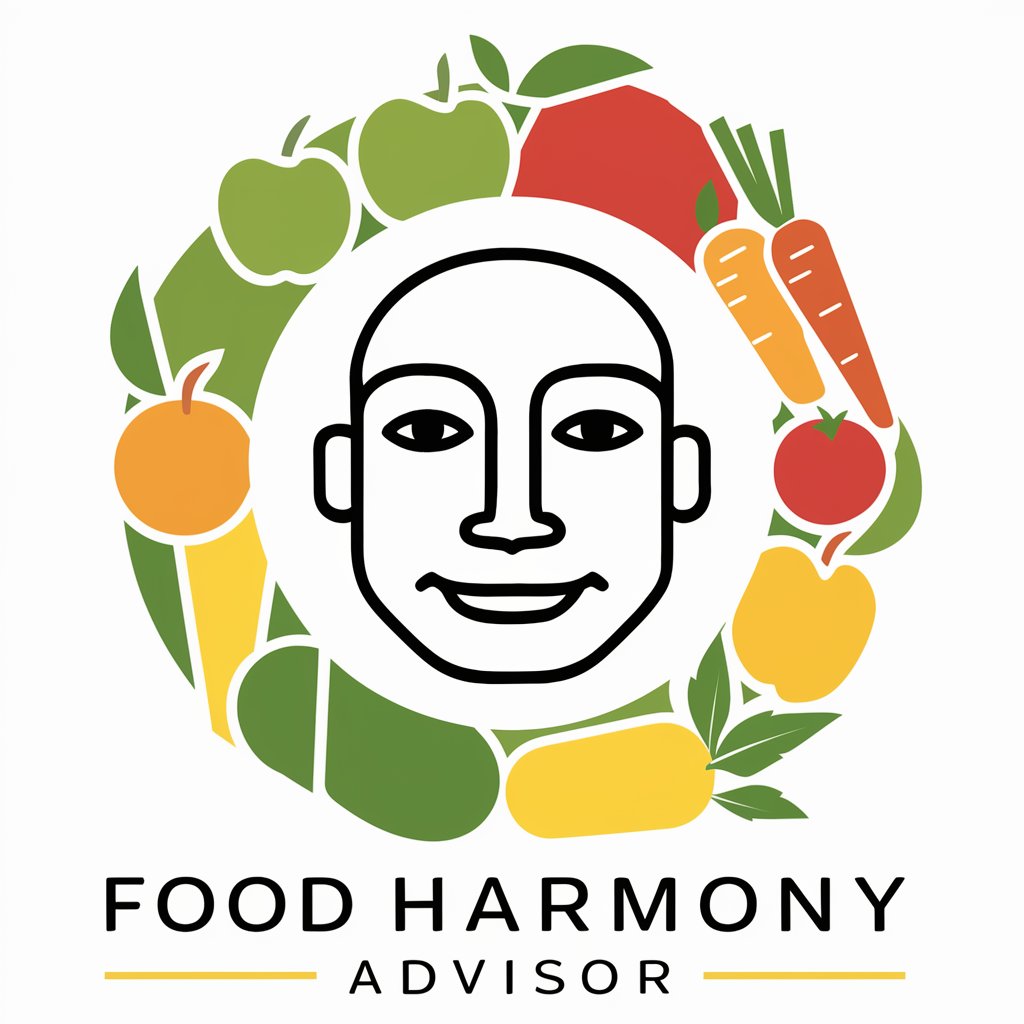
VitaSynth GPT
Harnessing AI to Fortify Foods
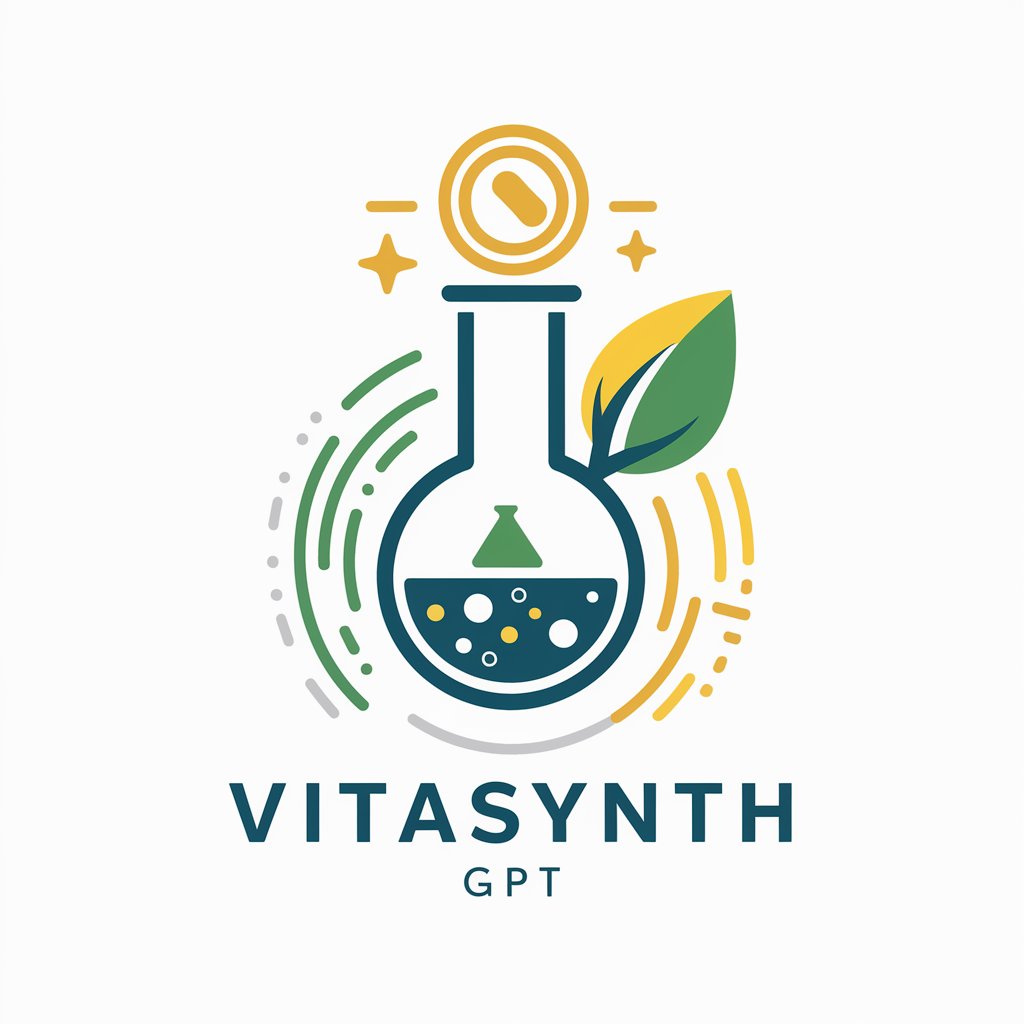
Pickling
Unlock the Art of Pickling with AI
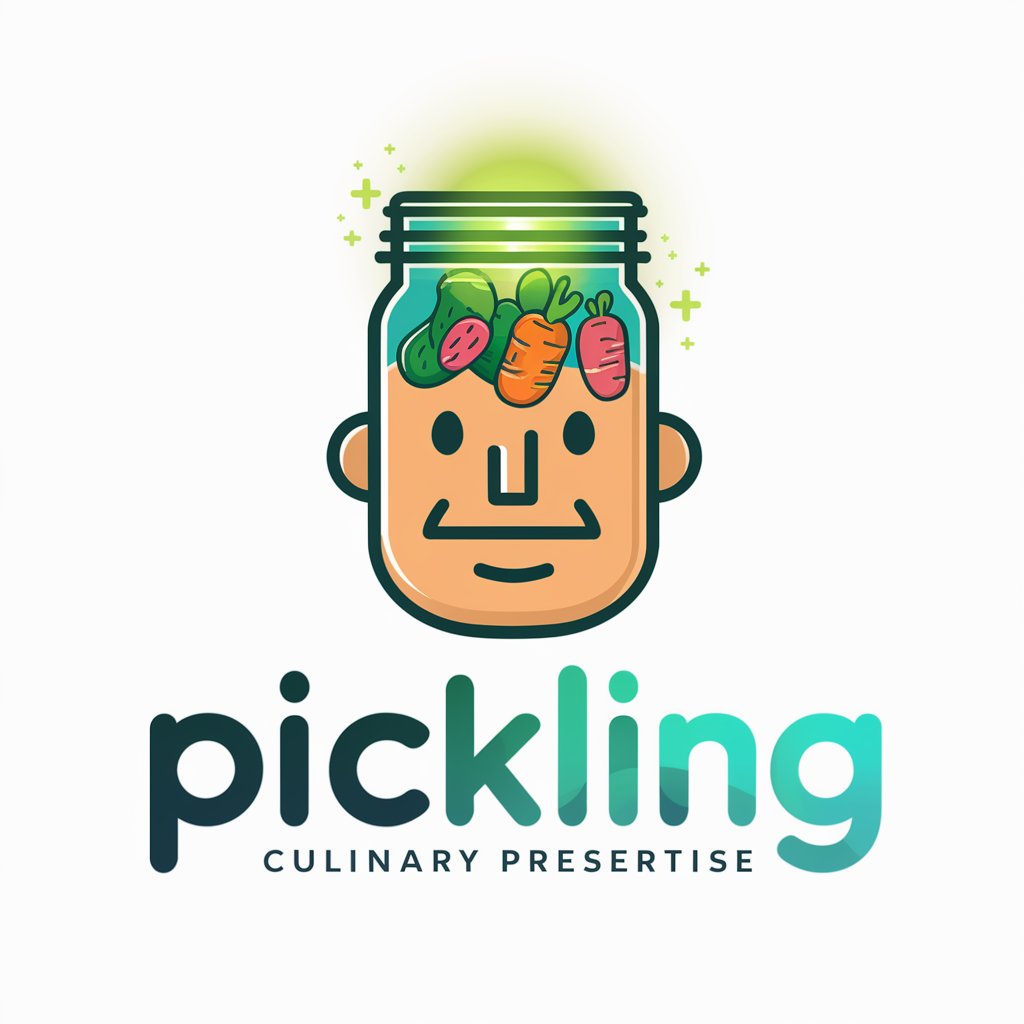
🍽️ Flavor Innovator GPT Masterchef 🧪
AI-powered culinary creativity at your fingertips.

🍔 Culinary Creation Assistant 🧪
Revolutionize Your Cooking with AI

Essential Attributes of Food Science AI Tools
AI GPTs tailored for Food Science excel in various areas, adapting from basic recipe suggestions to complex nutritional analysis. These tools can analyze food components, offer dietary advice, and even predict food trends. Unique features include natural language processing for interpreting culinary texts, data analysis for nutritional content, and image recognition capabilities for identifying food items. Their adaptability ensures they can serve a wide range of functions within food science, making them versatile tools in both academic and commercial settings.
Who Benefits from Food Science AI Innovations
These AI GPTs tools are designed to benefit a wide audience, including food science novices, developers, and professionals. They are accessible to individuals without coding skills, offering user-friendly interfaces for straightforward tasks like recipe generation or nutritional analysis. For those with programming knowledge, these tools provide additional customization options, allowing for the development of more sophisticated applications tailored to specific research or industry needs.
Try Our other AI GPTs tools for Free
Culinary Metaphors
Discover how AI GPTs for Culinary Metaphors revolutionize the way we create, learn, and innovate in the kitchen, making culinary creativity and efficiency accessible to all.
Tech Misguidance
Discover AI GPTs for Tech Misguidance: your solution to combating technological misinformation with advanced AI tools designed to ensure accuracy and reliability in tech content.
Group Orders
Discover AI GPTs for Group Orders: Streamlining bulk order management with advanced AI, designed for efficiency and adaptability across industries.
Circuit Troubleshooting
Explore the future of electronics repair with AI GPTs for Circuit Troubleshooting: your solution to faster, more accurate diagnostics and innovative learning in circuit analysis.
Museum Exhibits
Explore AI GPTs for Museum Exhibits: innovative tools transforming visitor experiences with engaging narratives, interactive content, and insightful data analysis.
Aviation Enthusiasm
Discover how AI GPTs for Aviation Enthusiasm are revolutionizing the way we explore and understand the aviation sector, offering tailored insights and innovations for enthusiasts and professionals alike.
Expanding Horizons with Food Science AI
AI GPTs for Food Science not only streamline data analysis and content generation but also offer new avenues for exploration in food safety, sustainability, and nutrition. Their integration into existing workflows can significantly enhance efficiency, while their user-friendly interfaces ensure that the benefits of AI are accessible to a broader audience, including those without a technical background.
Frequently Asked Questions
What exactly are AI GPTs for Food Science?
AI GPTs for Food Science are specialized versions of generative pre-trained transformers that are programmed to handle and generate data related to food science, including recipe creation, food safety guidelines, nutritional analysis, and trend forecasting.
How can these AI tools improve food science research?
By processing and analyzing large datasets, these AI tools can uncover trends, predict consumer preferences, and optimize food formulations, significantly accelerating research and development in food science.
Can non-technical users operate these AI GPTs effectively?
Yes, these tools are designed with user-friendly interfaces that allow non-technical users to perform complex food science-related tasks without needing to code.
Are there customization options for developers?
Absolutely. Developers can access APIs and coding interfaces to customize applications, integrating advanced features or tailoring the tools to fit specific project requirements.
What makes these AI tools unique in the food science domain?
Their ability to understand and generate specialized content related to food science, combined with capabilities like trend prediction and nutritional analysis, sets them apart.
Can AI GPTs for Food Science assist in dietary planning?
Yes, these tools can analyze nutritional content and dietary needs to create personalized meal plans and dietary recommendations.
How do these AI models stay updated with the latest food science trends?
They are regularly trained on the latest datasets and publications in food science to ensure their outputs remain relevant and up-to-date.
Can these tools integrate with existing food science workflows?
Yes, they are designed to be compatible with existing systems and workflows, providing seamless integration for enhanced efficiency and productivity.